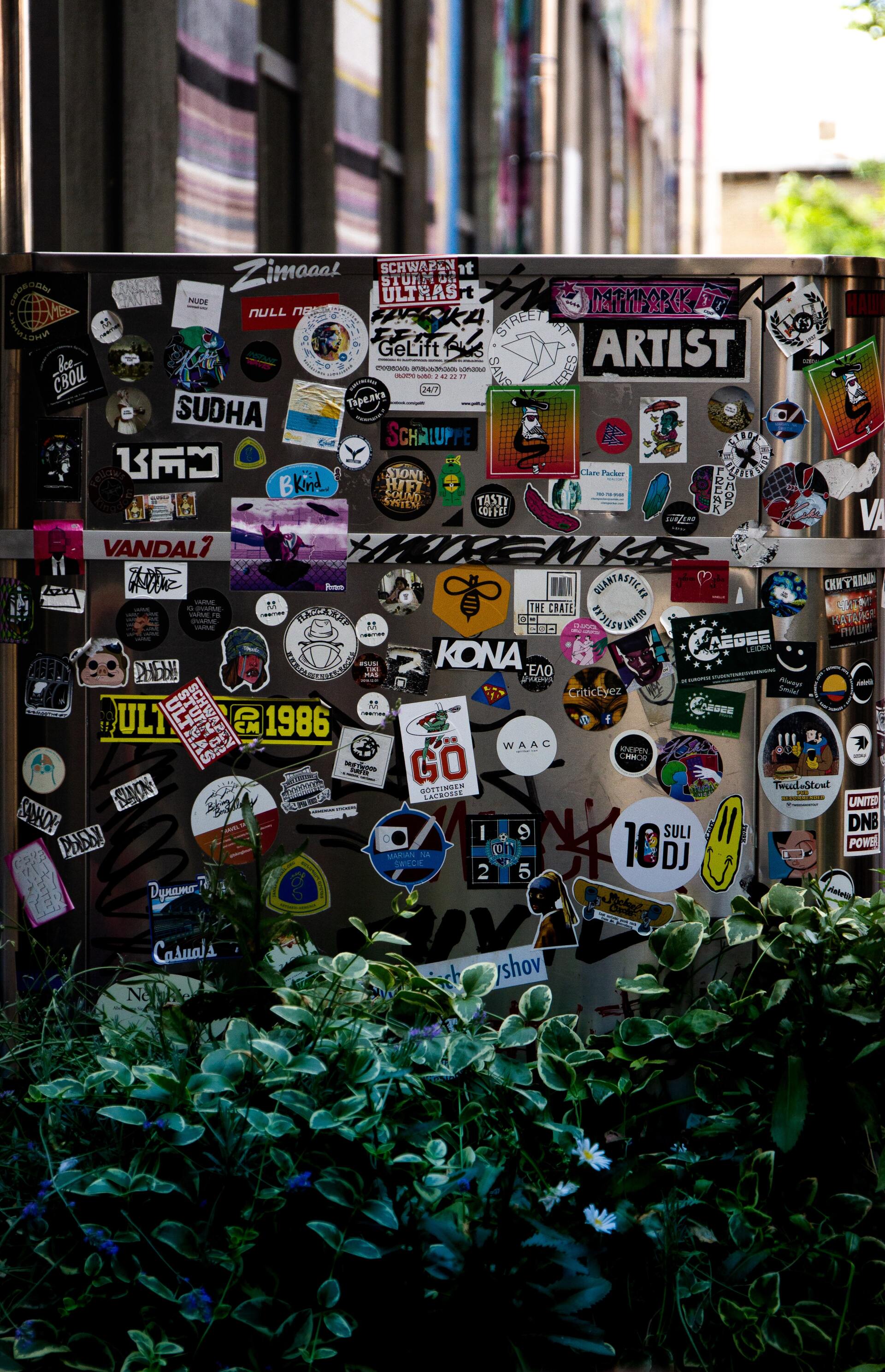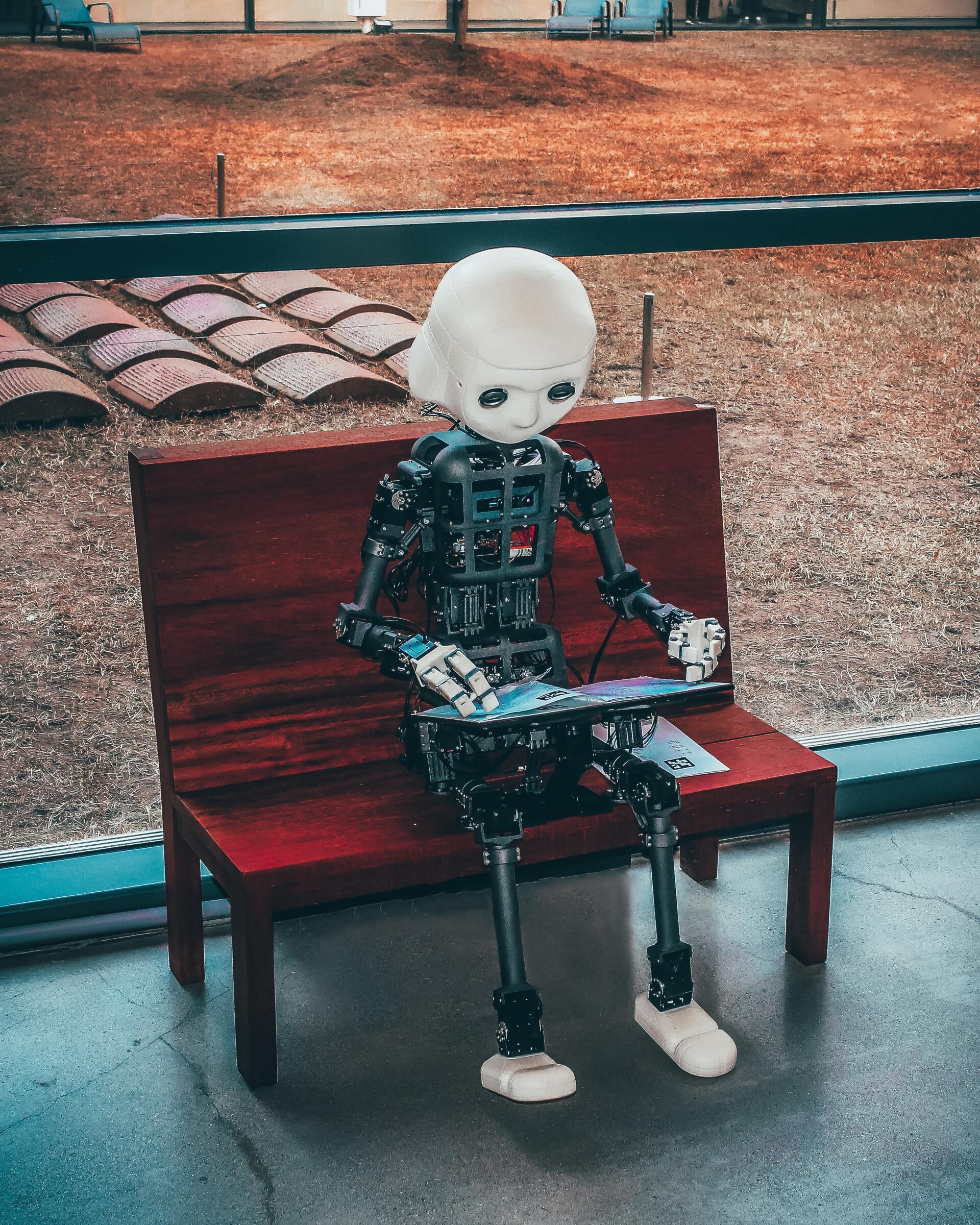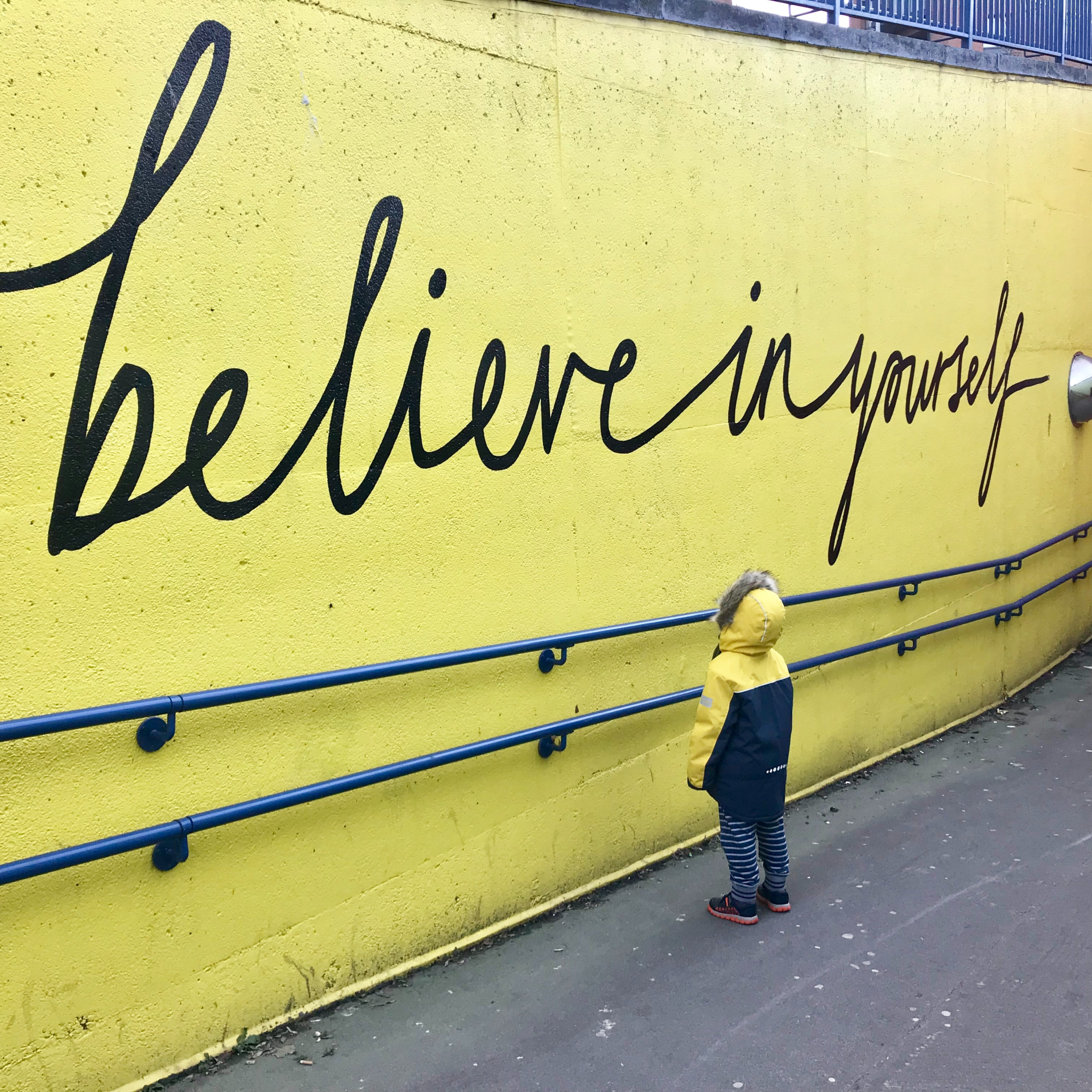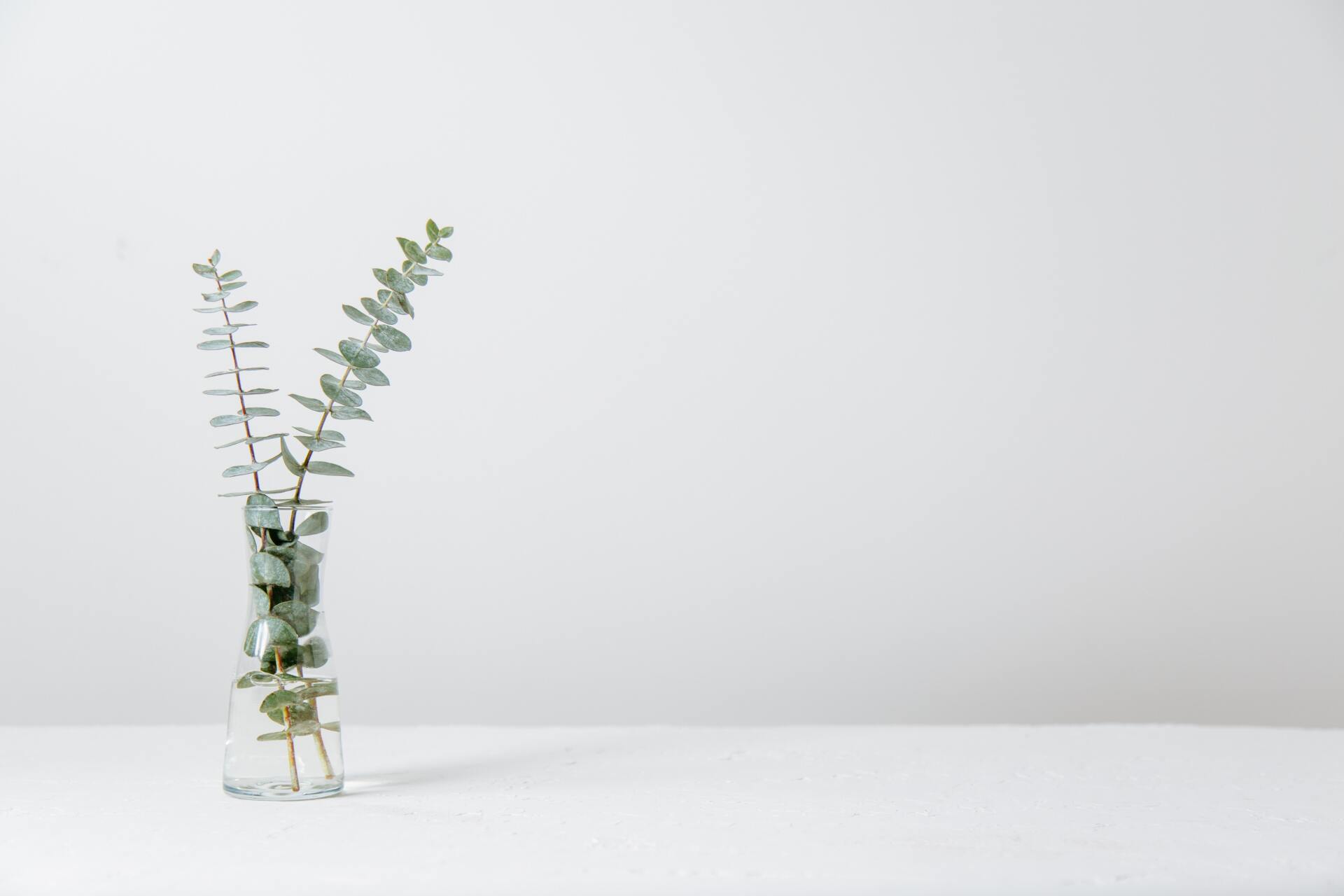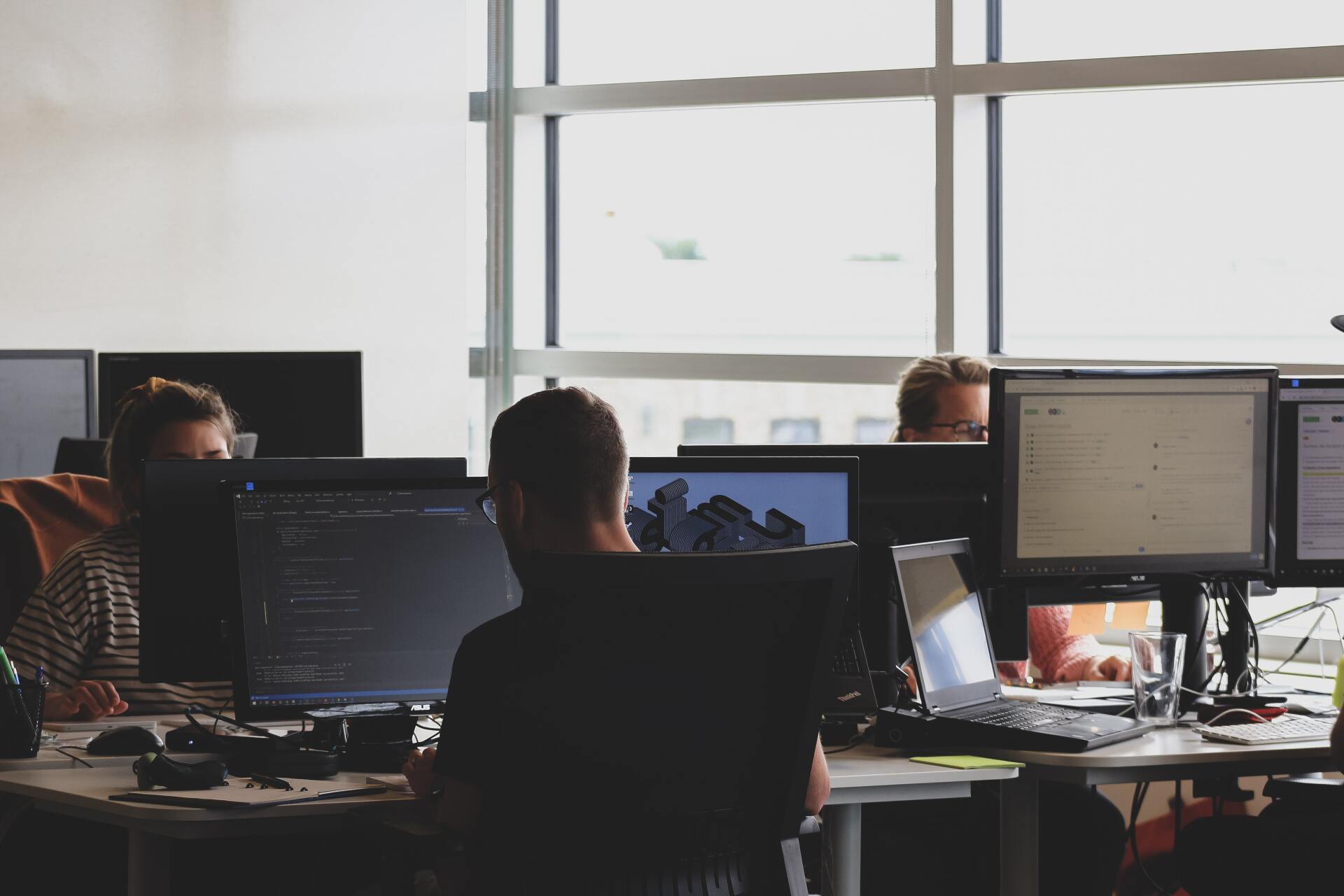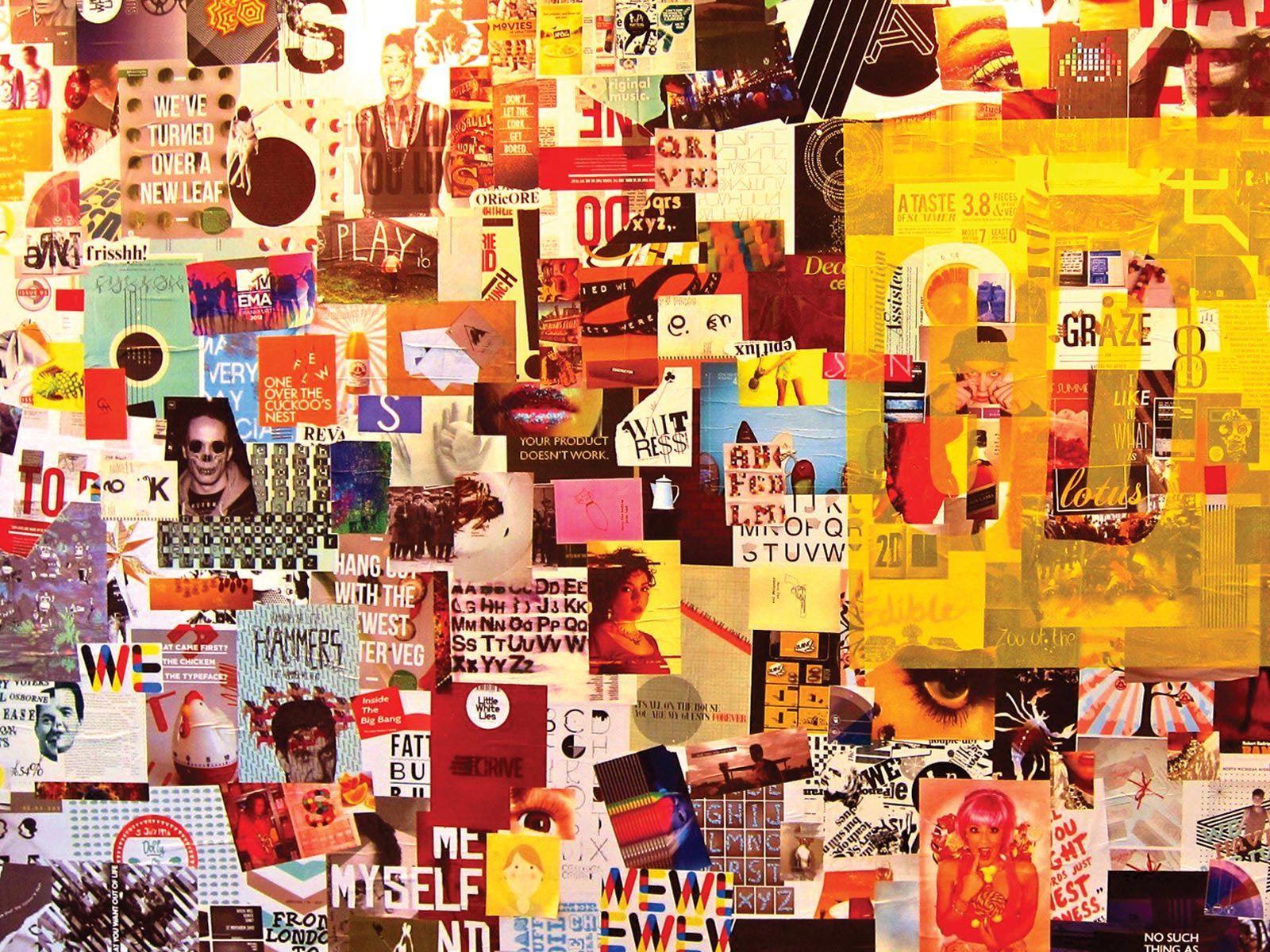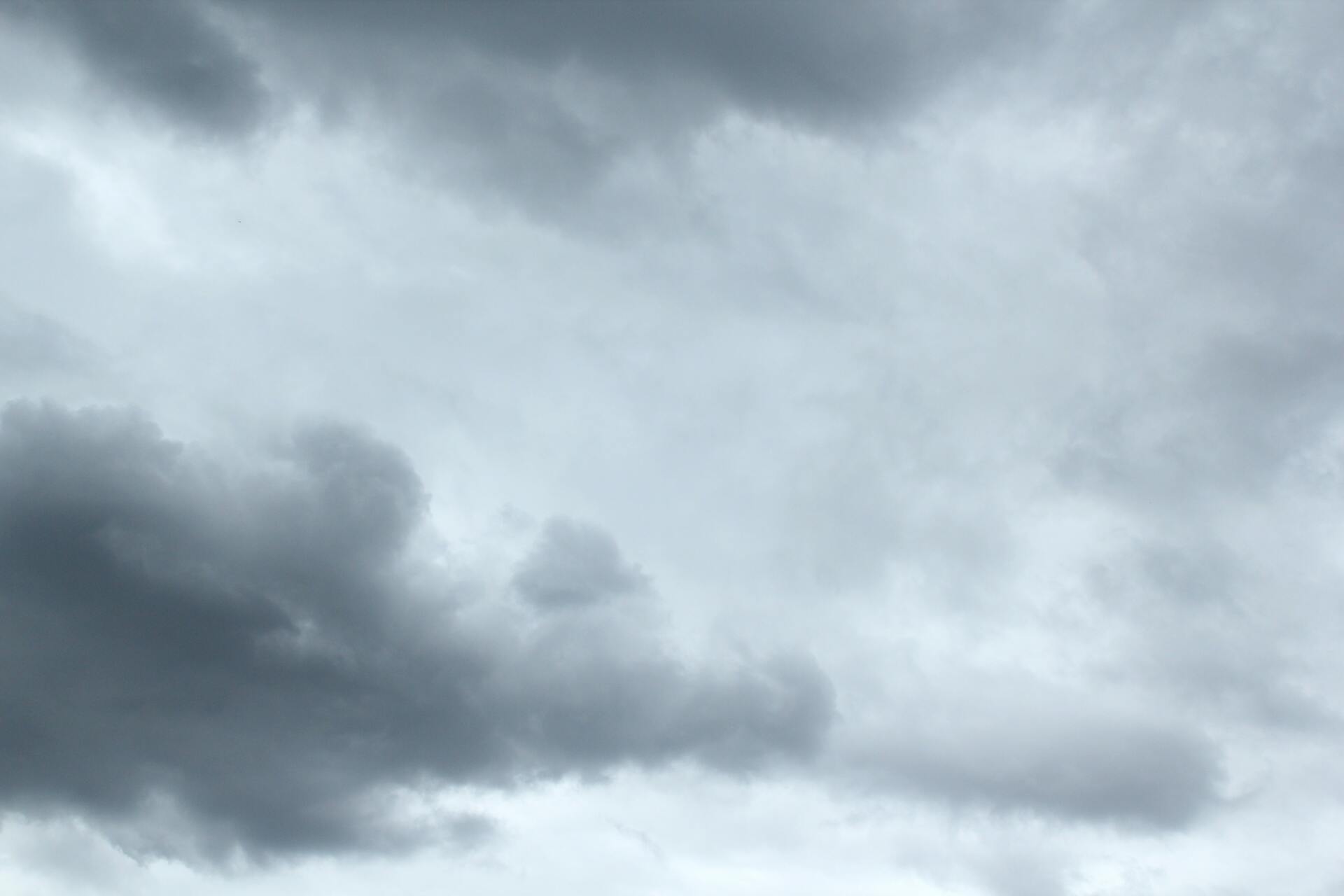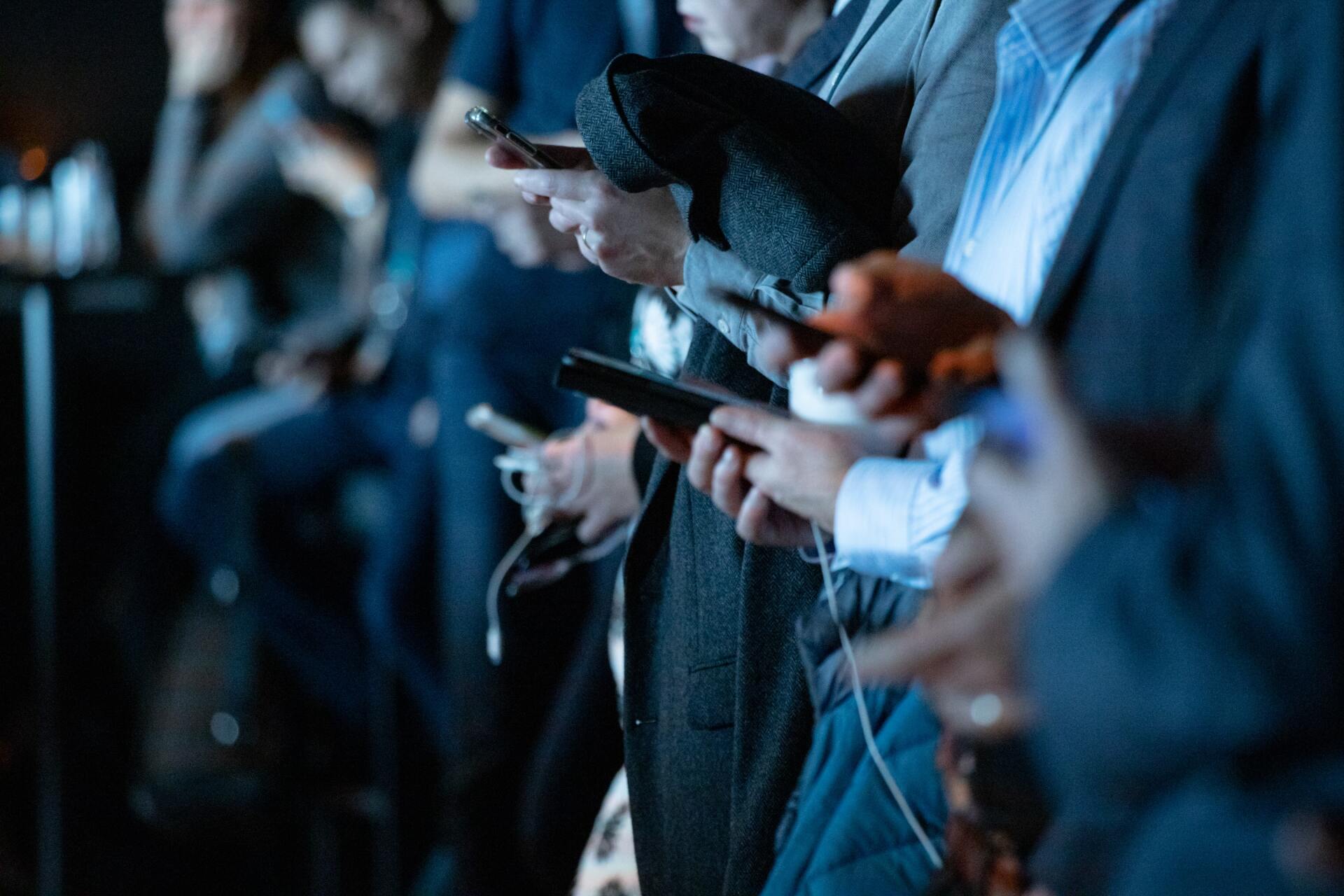Creativity
After listening to Rob Brydon’s new podcast with John Cleese it reminded me of the things I learned from Cleese’s appearance on the Conan podcast and most of all his book Creativity.
John is one of few people who I feel really speaks accurately about the creative process and
the way he views creativity really resonates with me.
I’m constantly anxious about being viewed as lazy or basically bad at what I do but Cleese explains that creativity takes time and a little bit of (good) procrastination. So in this blog, I wanted to share some of his main points which will hopefully encourage any creatives struggling with daily doubts like myself.
‘Nothing will stop you from being creative so effectively as the fear of making a mistake’
I remember a few times when I’d be drawing around my friends then I’d pass a sheet of paper or a pad to them to have a go and they would just stare at the blank page with a face of fear. I could never understand this as my mind seems to be full of ideas continuously but looking back it’s not the lack of ideas my friends struggled with it was that confidence to draw that first thing and rid the doubt of it being ‘bad’. I feel fortunate that I got that creative confidence early at University where we learned a process where you could avoid that creative block. I know the first idea will probably be a write-off but getting the ball rolling creatively is crucial and to be honest the fun part.
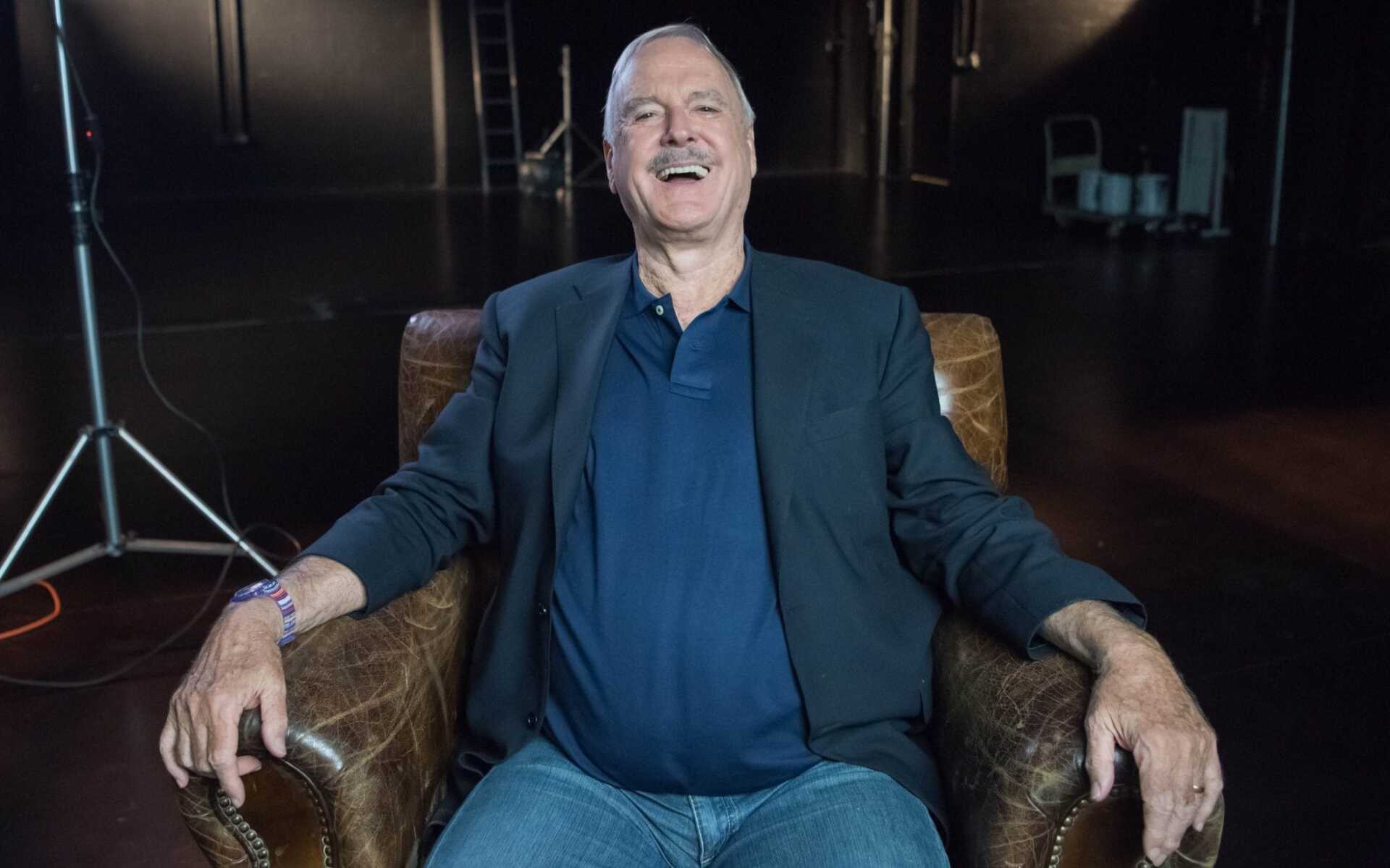
‘If you want creative workers, give them enough time to play.’
Early on in his writing career, John noticed this phenomenon of coming up with ideas overnight. He would get stuck on something in the evening, go to bed, wake up, and generally have it solved, or at least know the next step to be able to progress and move it forward. He continued to use this particular technique throughout his career and still does today.
Once he lost a whole sketch he’d written down. Much to the annoyance of his co-writer, he had to rewrite it from memory. When he eventually found the original version, he realised that the rewrite was better because he’d mulled on it a little more, he’d slept on it, and the idea had evolved for the better as a result.
'To be creative you must create a space for yourself where you can be undisturbed...
separate from everyday concerns.'
He references a particular study about creative architects, or what makes some architects more creative than others. One of the trends they found is that the more creative architects will delay decisions for as long as they were allowed, which gave them the time to play and explore their ideas further. He goes on to talk about how we have to get comfortable with the discomfort of leaving things open and incomplete, in order to make them better.
This also links to a later idea in the book about getting a second opinion. We should allow time for that extra layer of feedback, and the power of collaboration, to help take your idea to that next level. Again, it adds a little bit more time and forces us to slow down, but it will mean a better outcome in the end.

